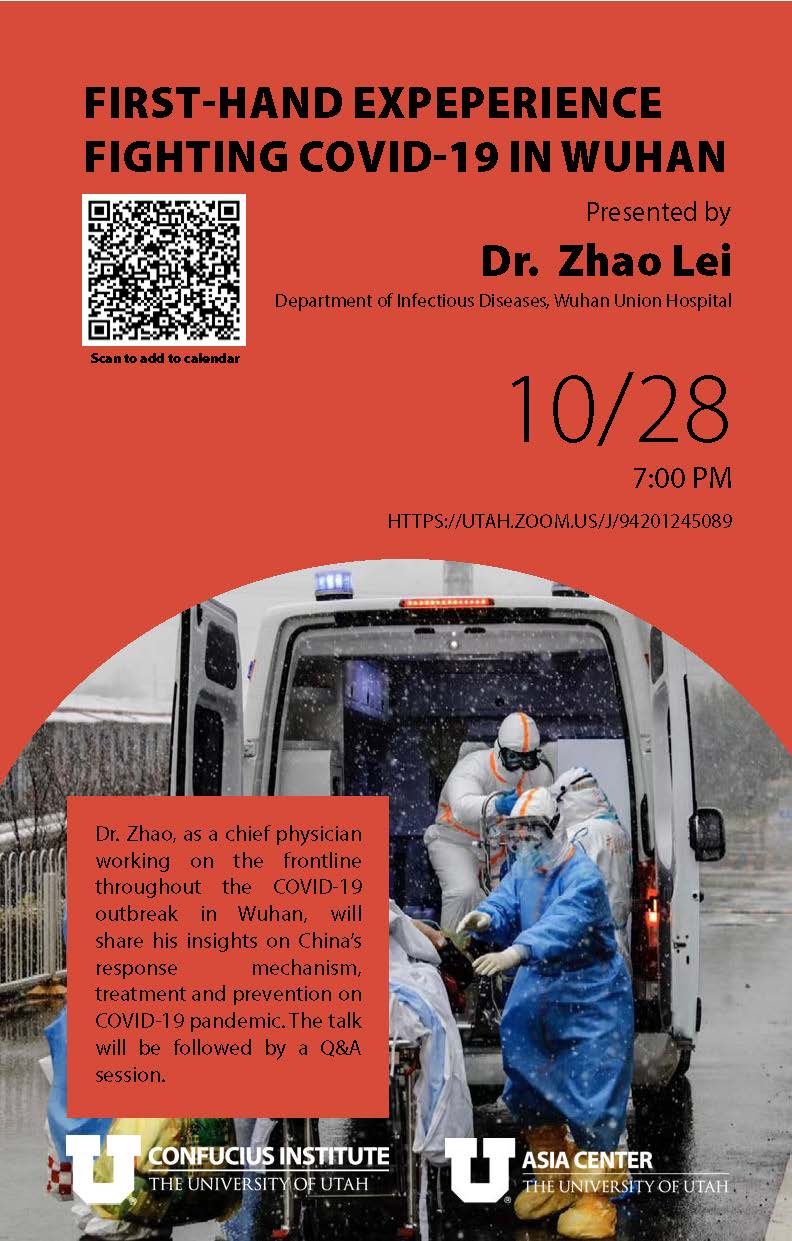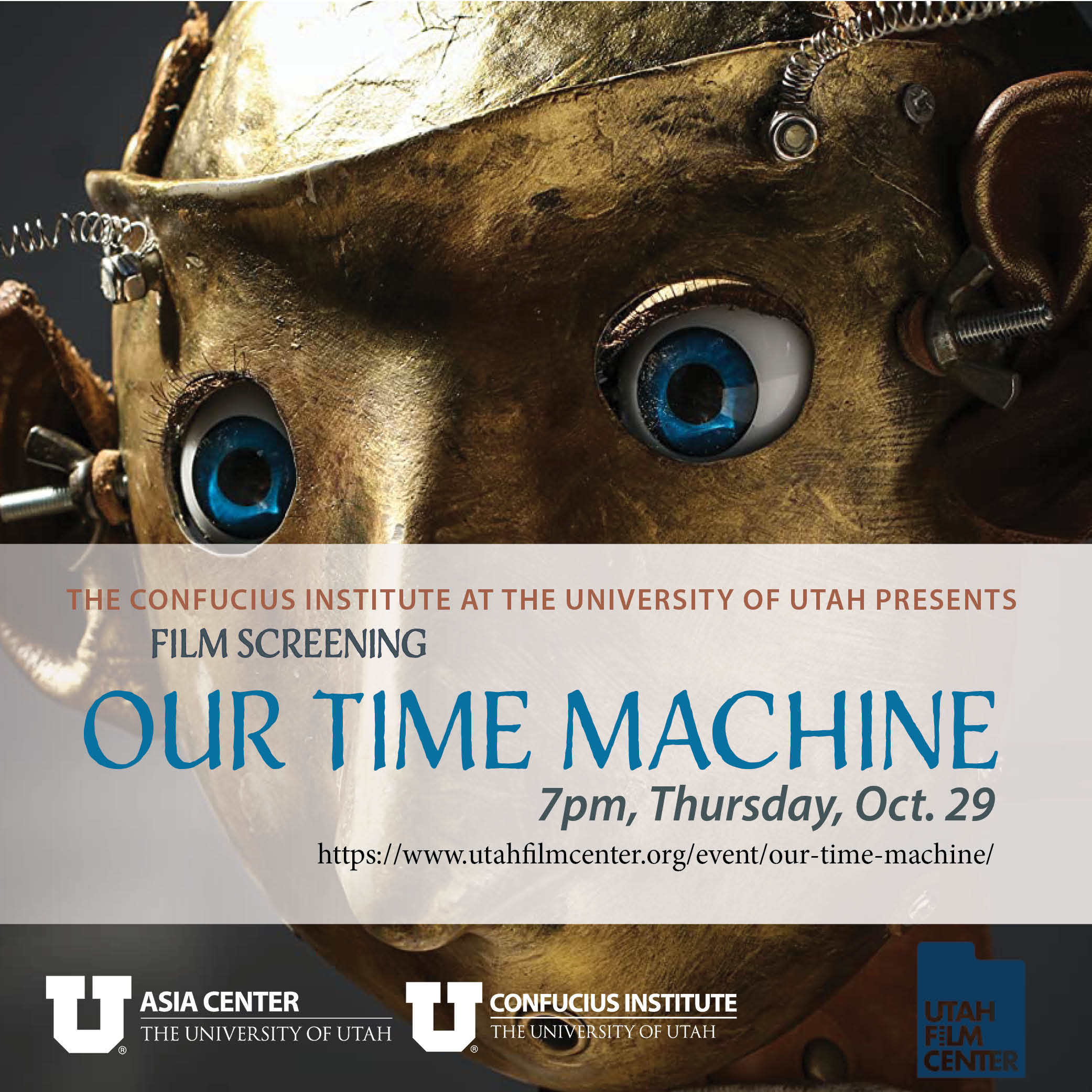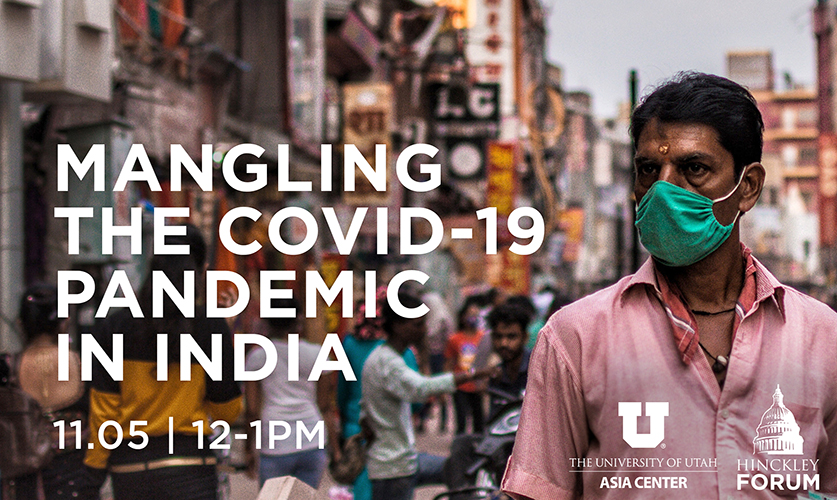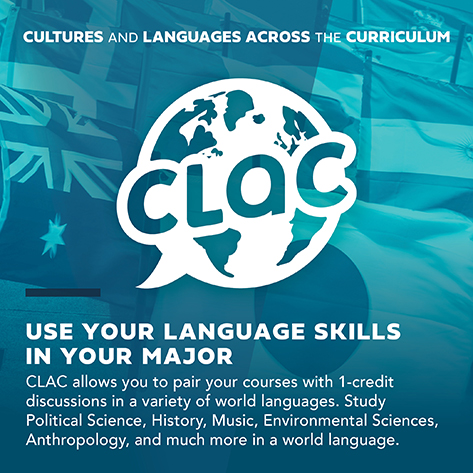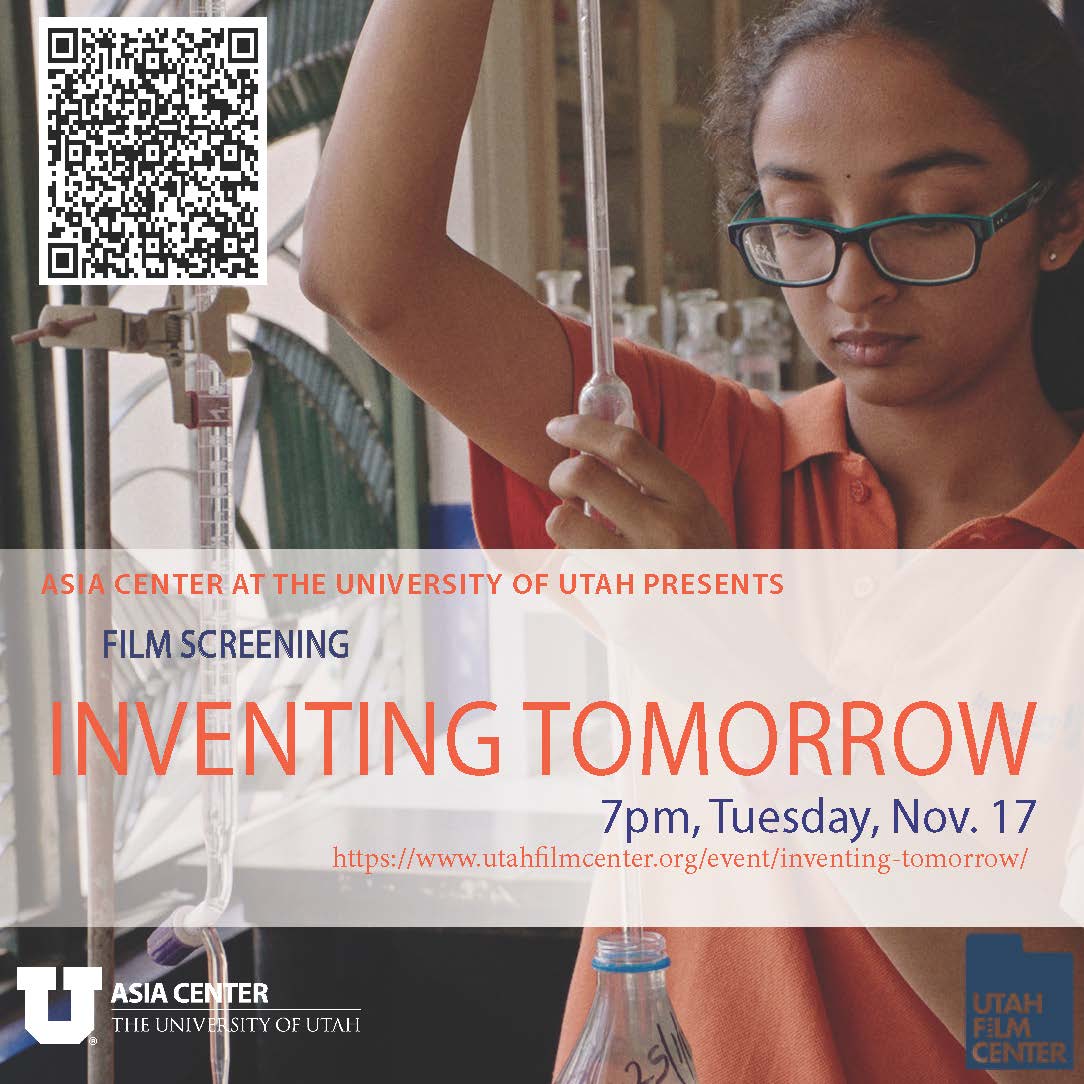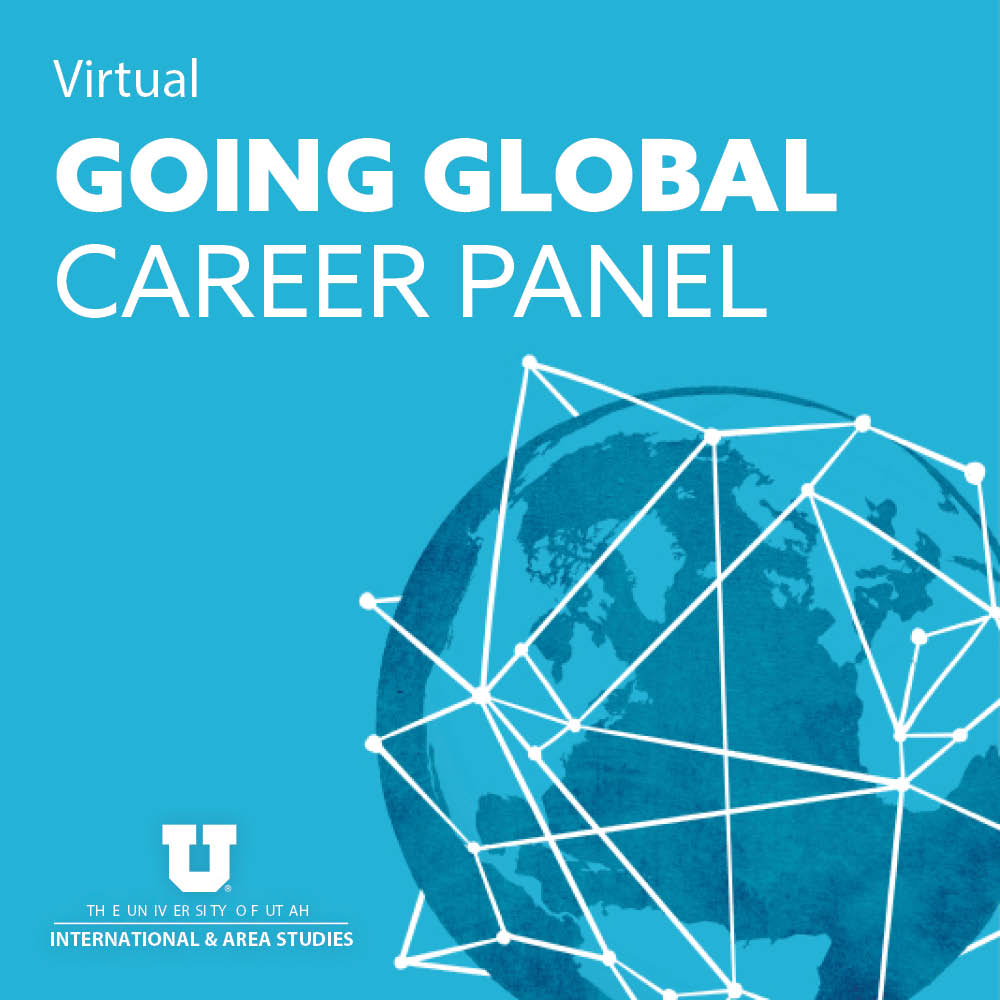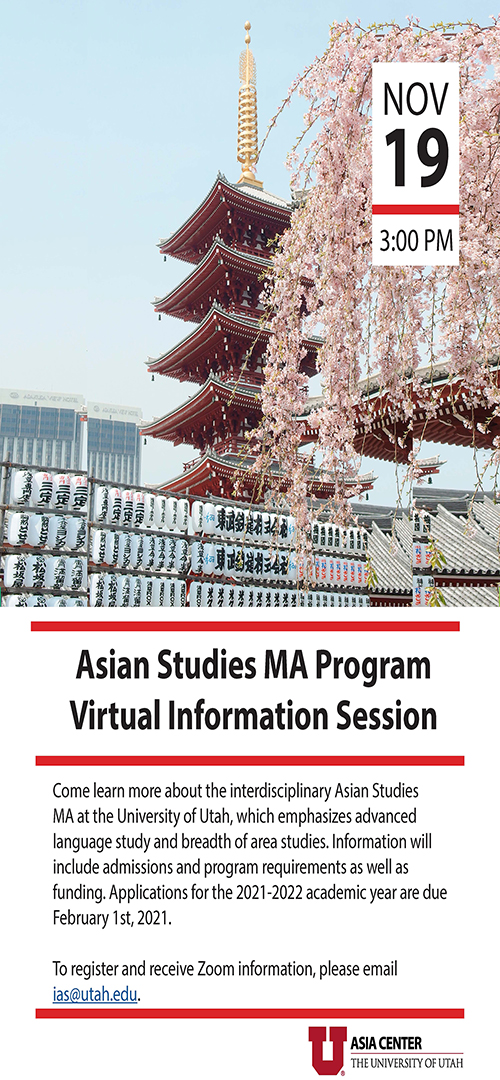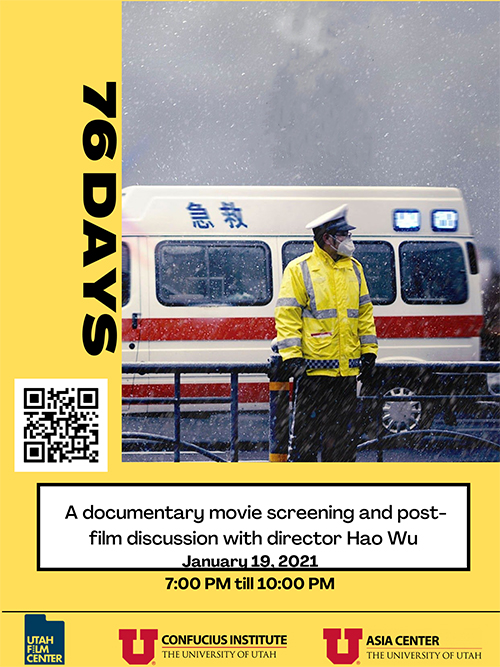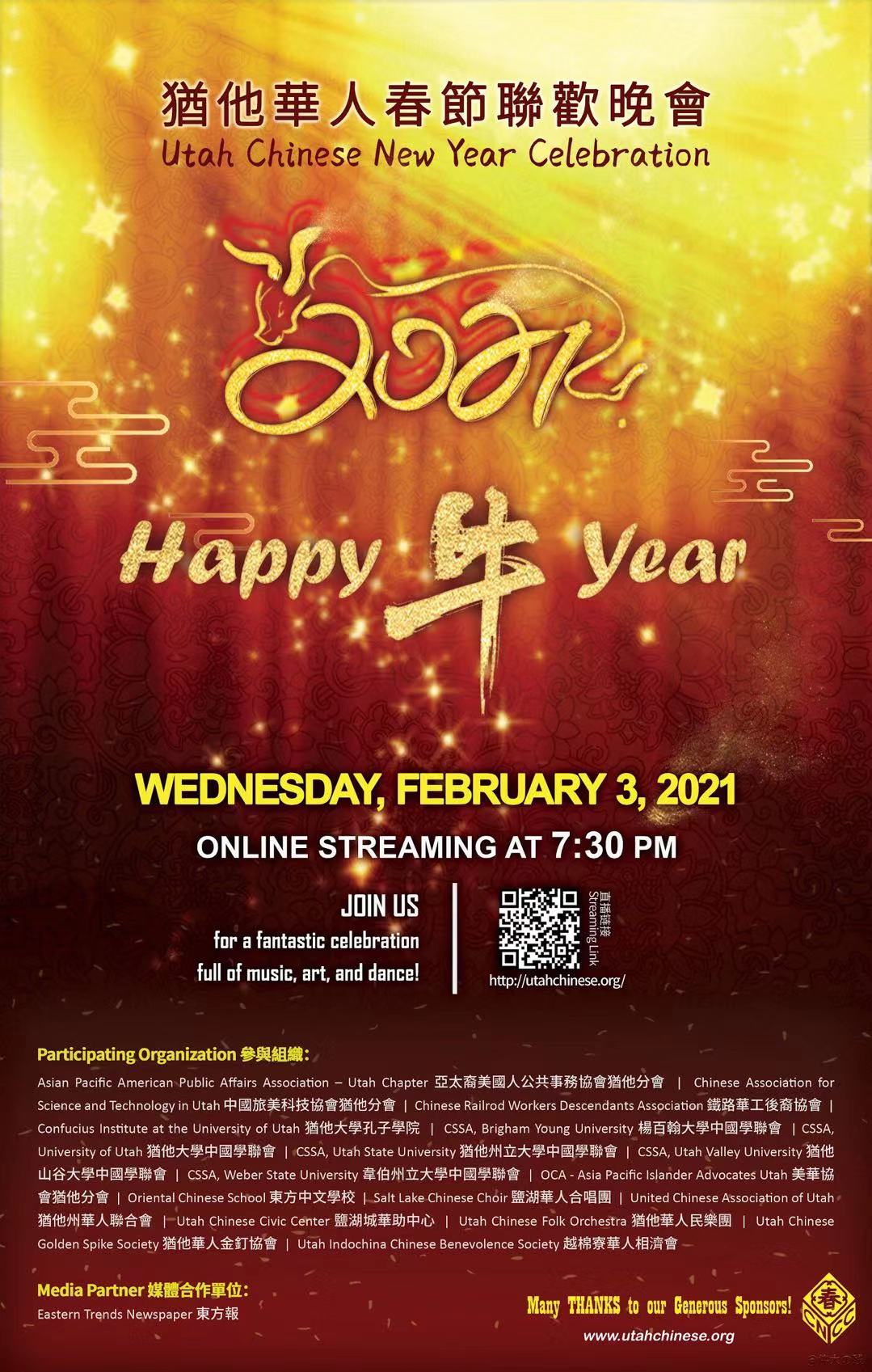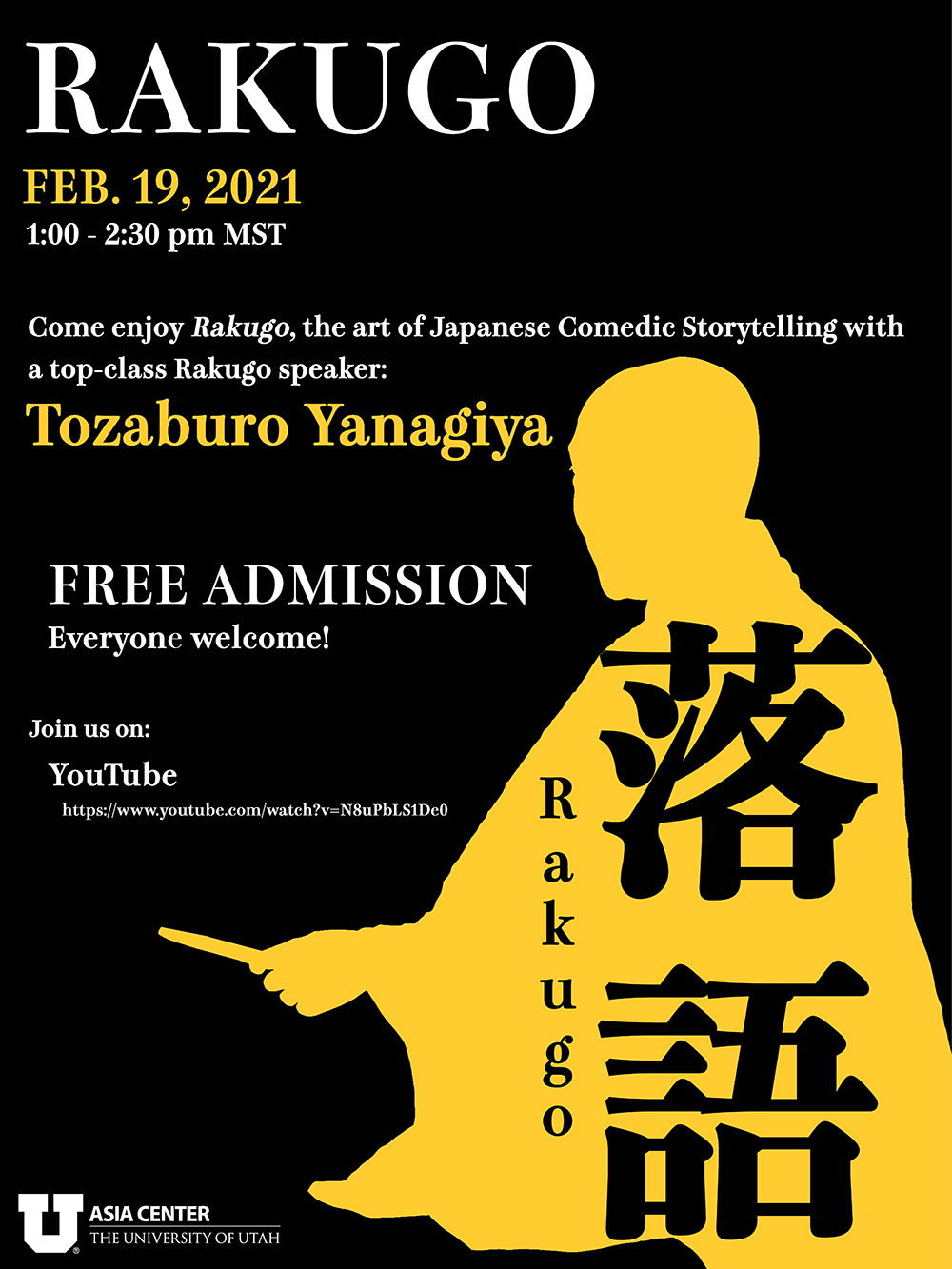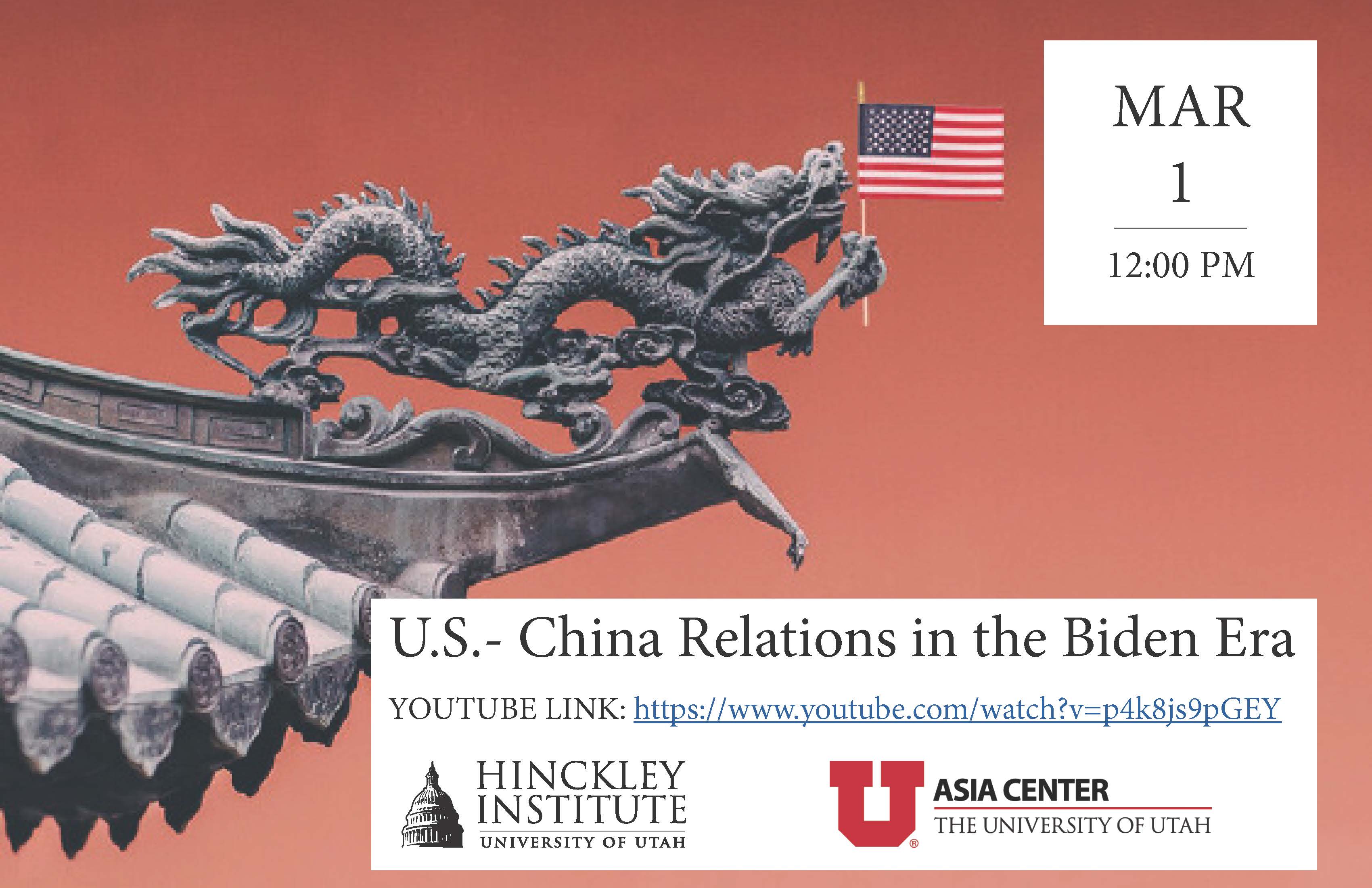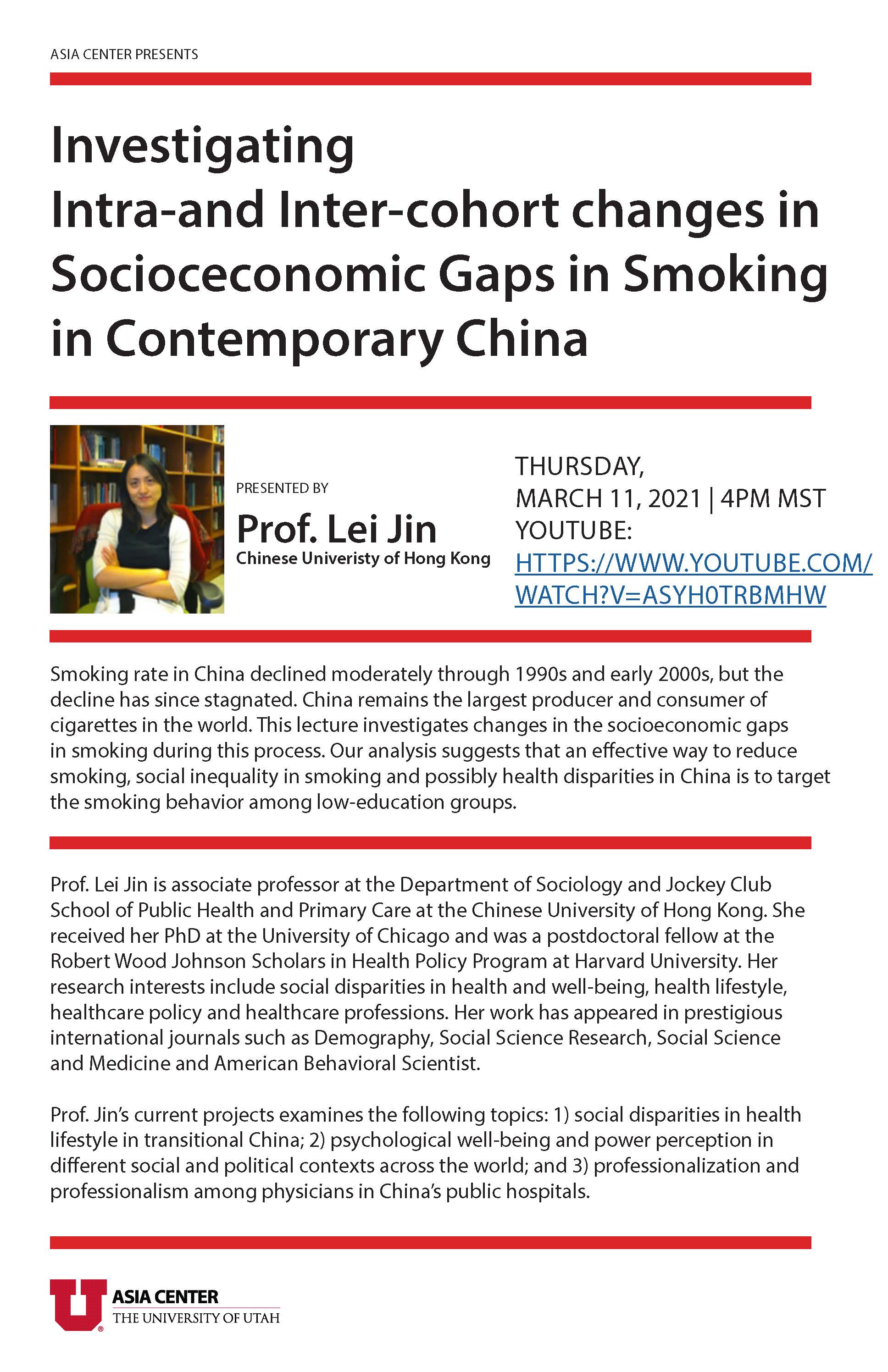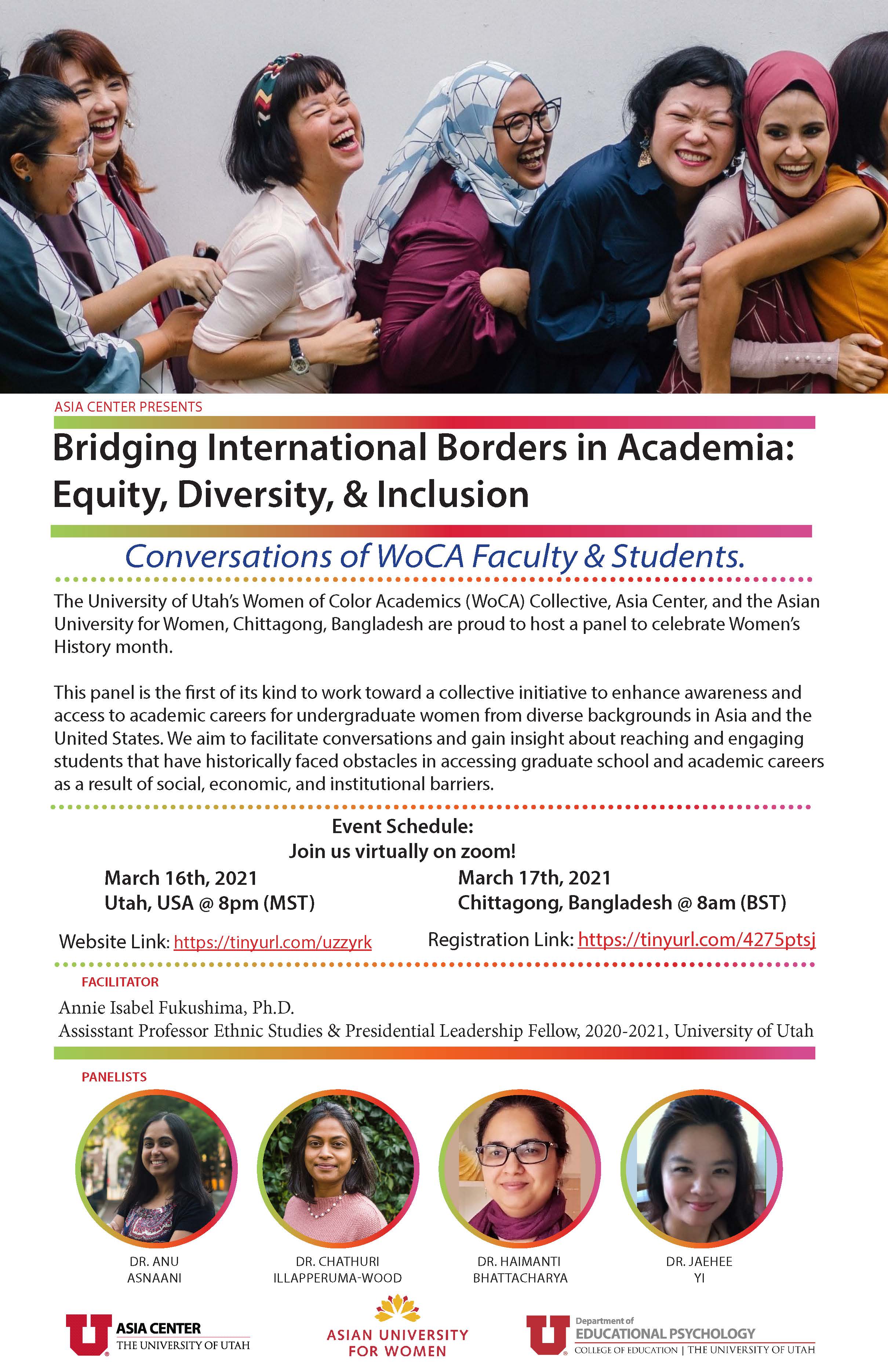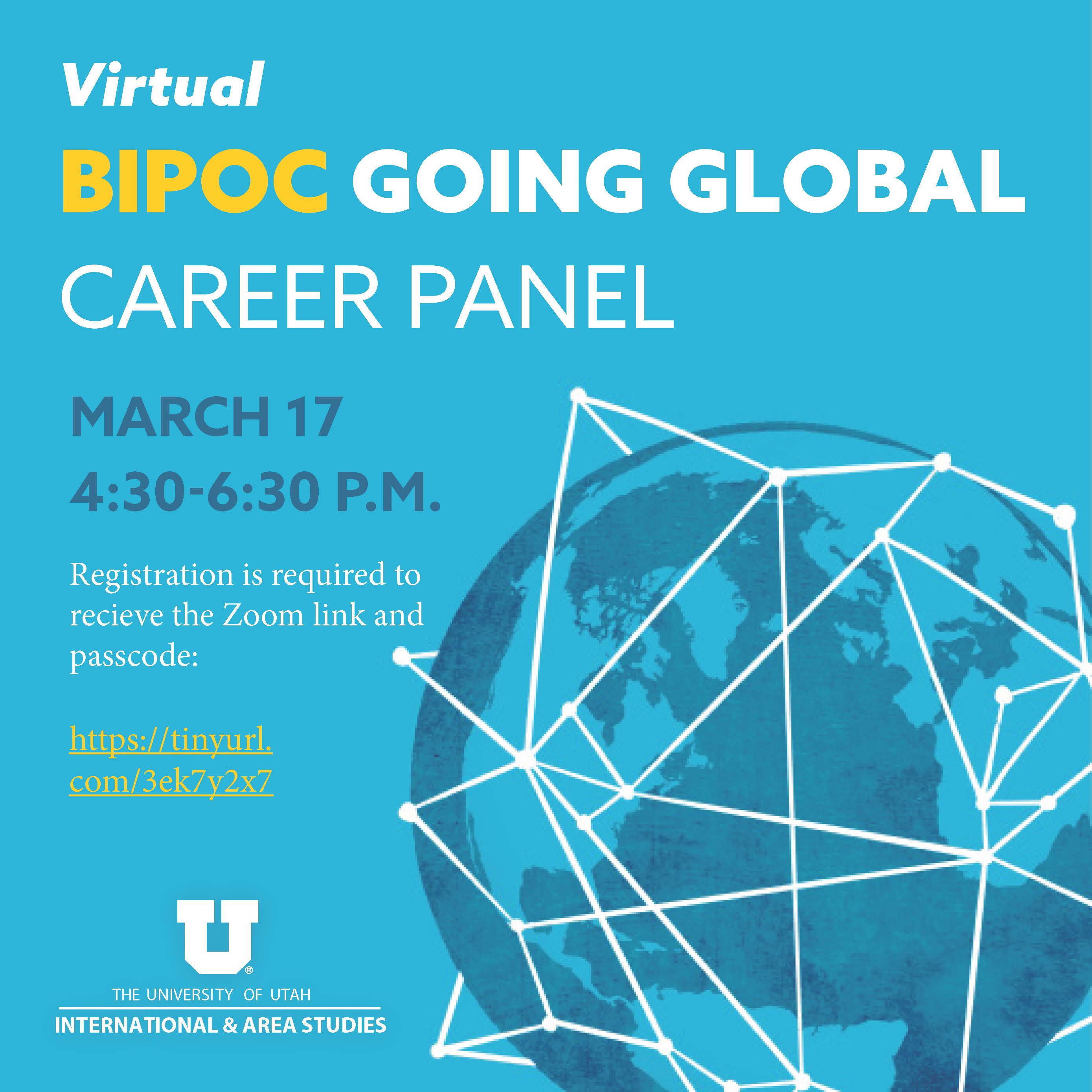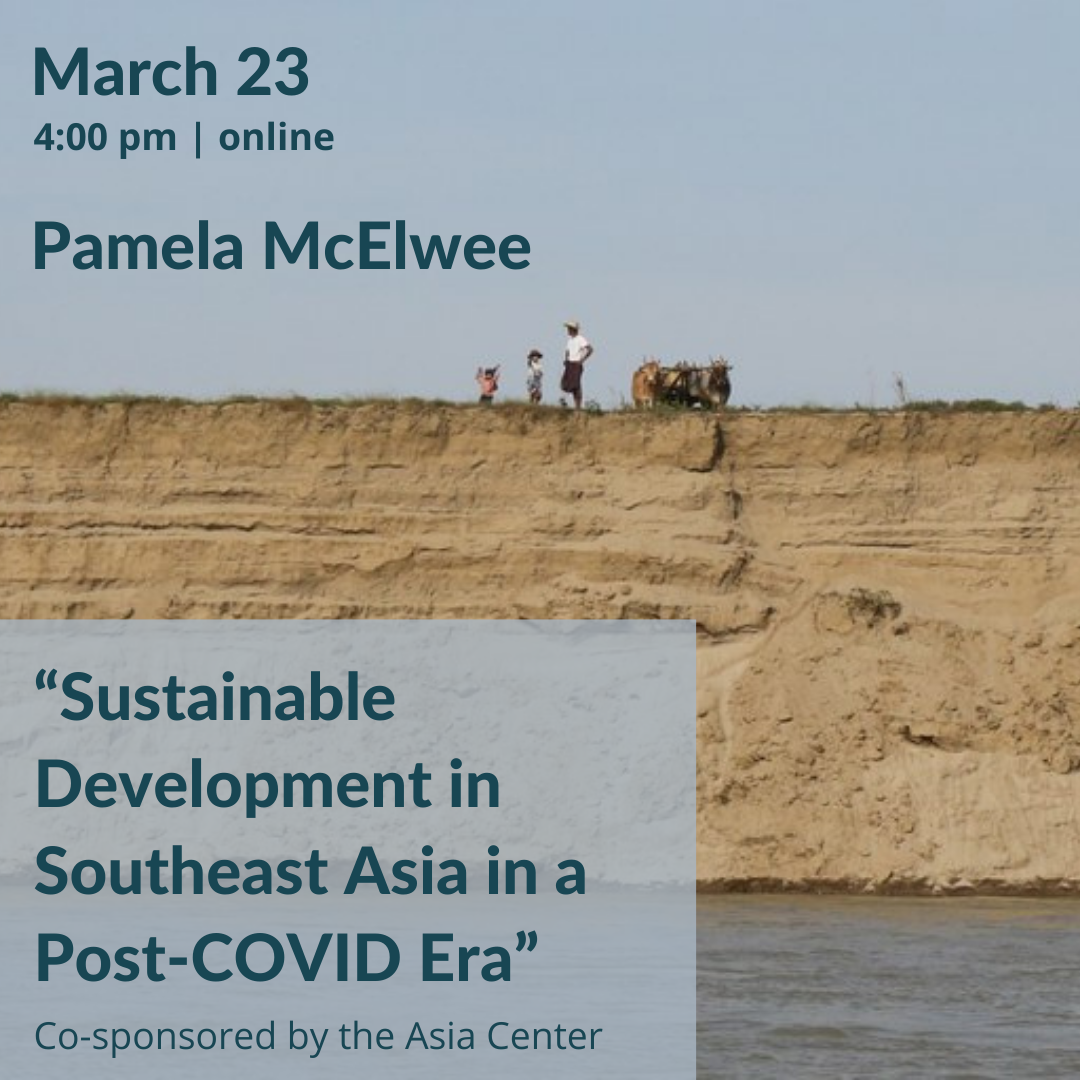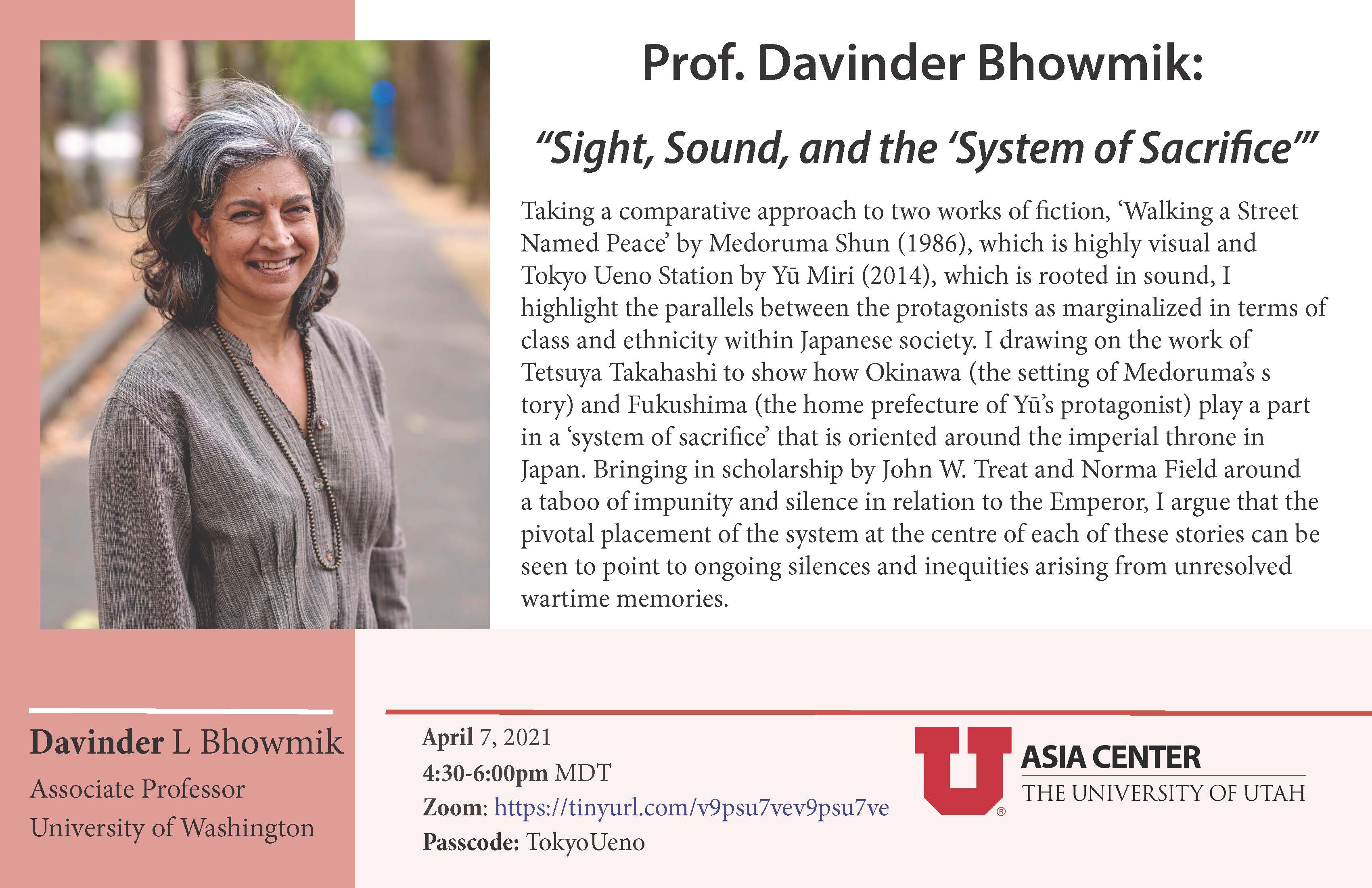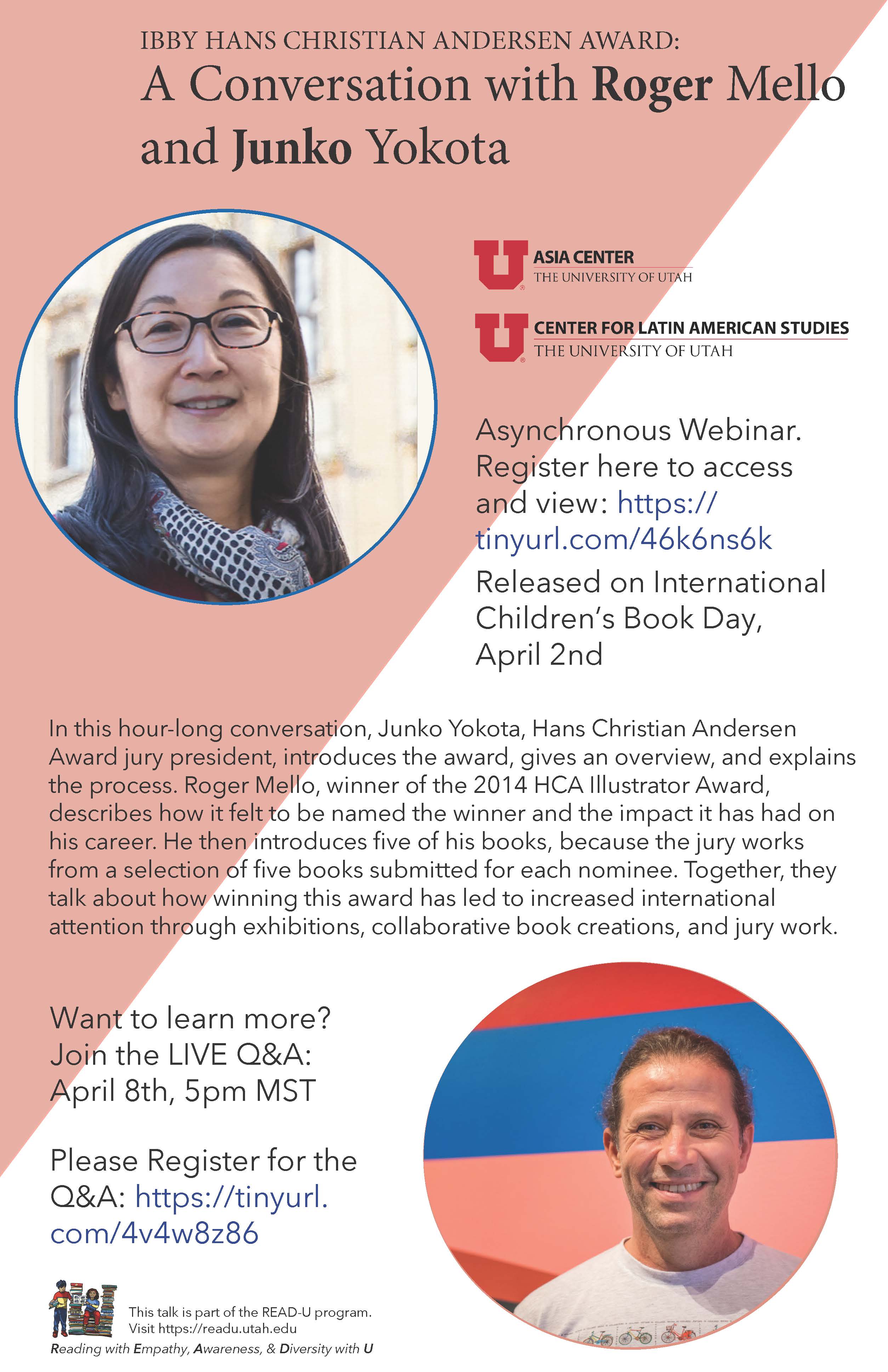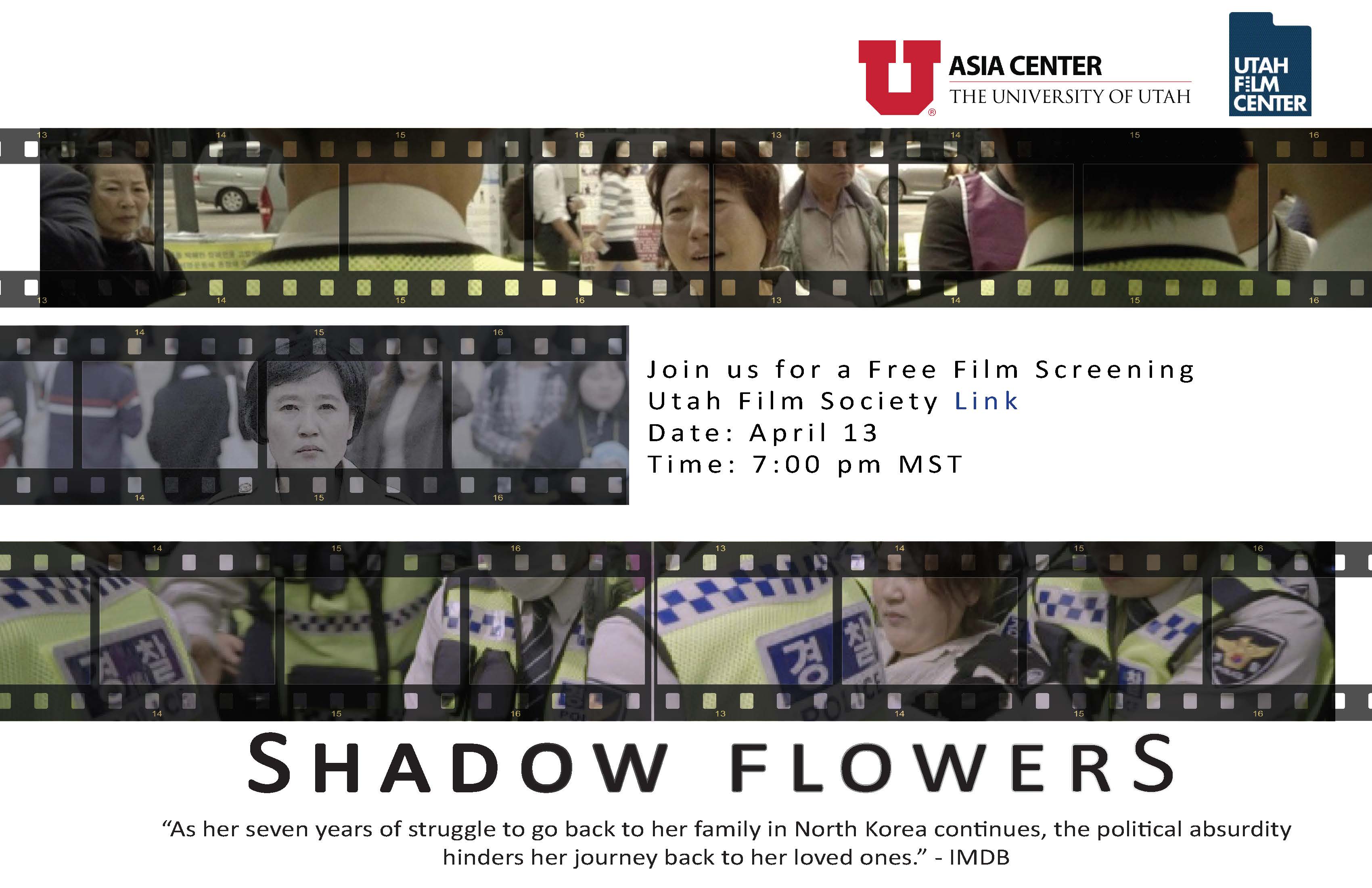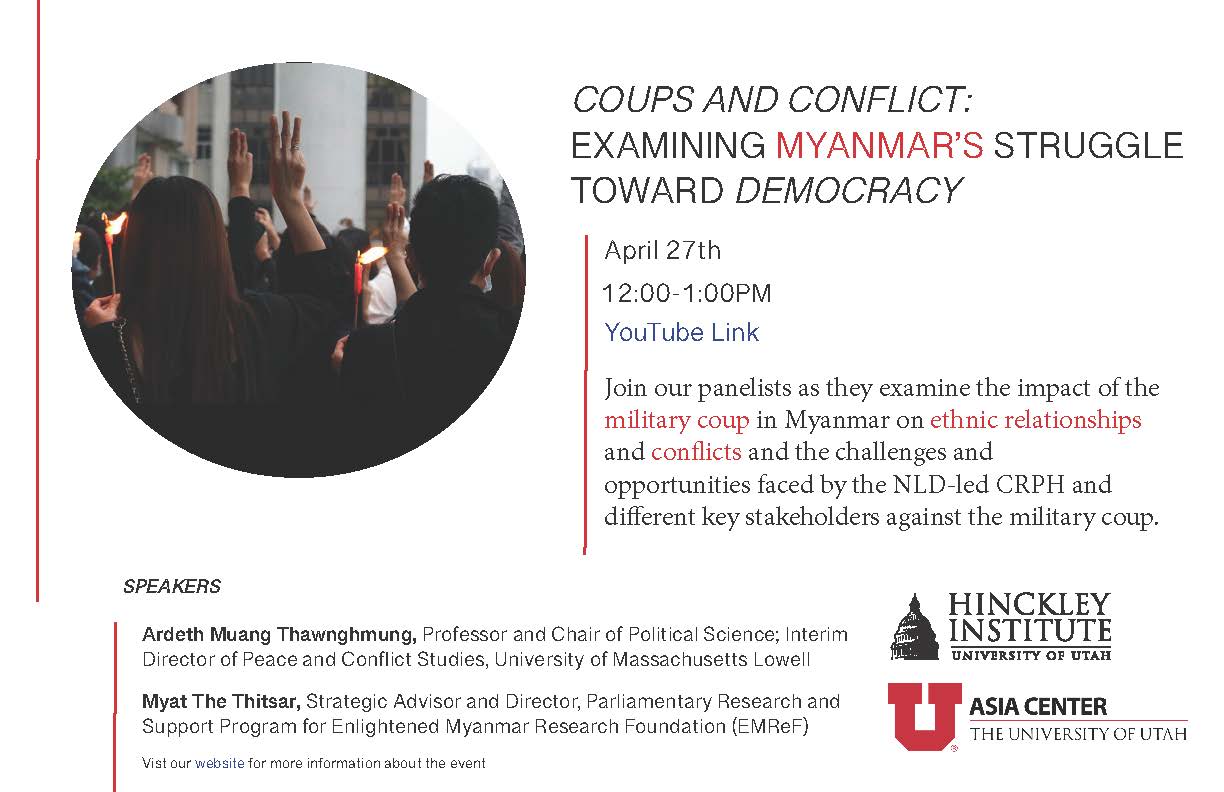2020-2021 Academic Year Event Links
Did you miss any of our events this year? Did you want the chance to watch them again? Below we have the events that took place this academic year with YouTube links for you to enjoy!
First-Hand Experience Fighting COVID-19 in Wuhan
Dr. Zhao, as a chief physician working on the frontline throughout the COVID-19 outbreak in Wuhan, will share his insights on China's response mechanism, treatment and prevention on COVID-19 pandemic. The talk will be followed by a Q&A session.
Our Time Machine
Shaken by the news of his father’s dementia, artist Maleonn, one of China’s most influential conceptual artists, creates “Papa’s Time Machine,” a wondrous time-travel adventure performed on stage with life-size mechanical puppets. Through the play’s production, he confronts his own mortality. Maleonn finds grace and unexpected joy in this moving meditation on art, the agonies of love and loss, and the circle of life.
Awards:
Best Cinematography in a Documentary Film–2019 Tribeca Film Festival
Official Selection:
2019 Amsterdam International Documentary Film Festival
2019 Guangzhou International Documentary Film Festival
In partnership with the Asia Center, Confucius Institute, Tanner Humanities, Tanner Center for Human Rights, and Utah Film Center.
Mangling the Covid-19 Pandemic in India
Join distinguished academic and writer Šumit Ganguly as he addresses India’s policy
response to COVID-19. Ganguly argues India’s response to the COVID-19 crisis has been
mostly shambolic. The government resorted to a nationwide crackdown without any preparation,
neglected to provide sufficient aid to alleviate the human effects of the pandemic,
and, until recently, failed to boost testing. As a consequence, the pandemic has assumed
massive proportions, overwhelmed significant parts of India’s anemic health care system,
and threatens to undermine much of the economic gains that the country had made over
the past decade.
Šumit Ganguly is a distinguished professor of political science and Tagore Chair in
Indian Cultures and Civilizations at Indiana University, Bloomington. He is also a
columnist at ForeignPolicy.com and the founding editor at Indian Politics and Policy.
Cultures and Languages Across the Curriculum Info Sessions
Join us for an info session to learn more about what CLAC is, how to find and register using CLAC attribute, what classes are being offered in the Spring, and what the student experience and advantages are in taking a CLAC section. Our CLAC coordinator will be able to answer any questions you may have.
CLAC allows you to pair your courses with 1-credit discussions in a variety of world languages. Study Political Science, History, Music, Environmental Sciences, Anthropology, and much more in a world of languages.
Inventing Tomorrow
Meet passionate teenage innovators from around the globe who are creating cutting-edge scientific solutions to confront the world’s environmental threats – found right in their own backyards – while navigating the doubts and insecurities that mark adolescence. Take a journey with these inspiring teens as they prepare their projects for the largest convening of high school scientists in the world, the Intel International Science and Engineering Fair (ISEF).
This is in partnership with The Asia Center, Confucius Institute, Utah Film Center, Tanner Humanities, and Tanner Center for Human Rights.
Virtual Going Global Career Panel
This year Going Global has gone virtual! We have a great group of panelists and networkers that have exerience in many different fields Health, Government, Tourism, Law, and Business.
Asian Studies MA Program Virtual Information Session
Come learn more about the interdisciplinary Asian Studies MA at the University of Utah, which emphasizes advanced language study and breadth of area studies. Information will include admissions and program requirements as well as funding.
76 Days Movie Screening and Post-film discussion with director Hao Wu
The opening sequences feel like a genre movie — science-fiction, zombie horror, apocalyptic thriller. We watch hospital workers, encased in PPE so that we only see their eyes behind foggy goggles, as they race from one patient to another. At the hospital doors, a desperate crowd is clamoring for entry. The overwhelmed workers can only admit a few people at a time.
For all the fantastical elements, this is the reality of 2020. The filmmakers of 76 Days capture an invaluable record of life inside Wuhan, China, ground zero for the outbreak of COVID-19. On January 23, the city of 11 million people went into a lockdown that lasted 76 days. This film concentrates mainly on medical workers and patients to give a pulse-racing account of what it was like to survive.
76 Days excels beyond mere reportage. The camera work is so strong that you could frame still images. In the face of fear and uncertainty, we also witness perseverance and humor, as medical workers use magic markers to decorate their plastic outfits. One memorable figure is a head nurse who never fails to make a human connection with patients, even under dire circumstances. — Toronto International Film Festival
Post-film discussion with director Hao Wu
Official Selection:
2020 Toronto International Film Festival, 2020 DOC NYC
Hinckley Forum: Beyond the Bloc: Asian American Voting & Political Power
The 2020 election demonstrated the increasing strength and diversity of the Asian American vote. Pew Research Center predicts that by 2055, Asian Americans will be the country’s largest immigrant group. In turn, they are also the fastest-growing electorate amongst eligible voters. This moderated panel discussion will examine the growing significance and nuance of the Asian American vote and what it means for representation and politics in the US moving forward.
Panelists:
- Shu Cheng, Director, Asian Association of Utah
- Representative Karen Kwan, Utah State Legislature
- Baodong Liu, Professor, Political Science Department
Moderator:
- Rosie Nguyen, Reporter, ABC4 News
Utah Chinese New Year Celebration
One of the biggest event held annually by Utah Chinese communities Chinese New Year, also known as Spring Festival, is one of the most important, if not the most important, celebrations in Chinese culture. The celebrations surrounding the holiday last 15 days, and there are a myriad of festivities and observed traditions that occur within those 15 days. Many of these festivities revolve around the origins of the holiday and the mythical beast called Nian, which means “year” or “years” in Chinese.
HAPPY CHINESE NEW YEAR 2021!
The Utah Chinese communities is celebrating the kick off to the Year of the Ox with virtual performances inspired by Chunwan traditions across Asia.
Rakugo
Come enjoy Rakugo, the art of Japanese Comedic Storytelling with a top-class Rakugo speaker: Tozaburo Yanagiya
U.S.- China Relations in the Biden Era
Please join us for a discussion on the changing U.S. China dynamic as President Biden comes into office. Professor Steve On from Sun Yat-sen University and Professor Yanqi Tong from the University of Utah will provide their insight into this key bilateral relationship, including how the Biden administration will approach China and how the approach might differ from the Trump Administration. The professors will also discuss the relationship in a regional context, considering the influence of Taiwan, Hong Kong, and other regional players and their impact on the region’s future.
-
Steve On, Associate Professor, National Sun Yat-sen University Political Science Department
-
Yanqi Tong, Professor, University of Utah Political Science Department
-
Ann Lopez, Hinckley Institute of Politics Forum Host (Moderator)
Investigating Intra-and Inter-cohort changes in Socioeconomic Gaps in Smoking in Contemporary China
Smoking rate in China declined moderately through 1990s and early 2000s, but the decline has since stagnated. China remains the largest producer and consumer of cigarettes in the world. This lecture investigates changes in the socioeconomic gaps in smoking during this process. Our analysis suggests that an effective way to reduce smoking, social inequality in smoking and possibly health disparities in China is to target the smoking behavior among low-education groups.
Prof. Lei Jin is associate professor at the Department of Sociology and Jockey Club School of Public Health and Primary Care at the Chinese University of Hong Kong. She received her PhD at the University of Chicago and was a postdoctoral fellow at the Robert Wood Johnson Scholars in Health Policy Program at Harvard University. Her research interests include social disparities in health and well-being, health lifestyle, healthcare policy and healthcare professions. Her work has appeared in prestigious international journals such as Demography, Social Science Research, Social Science and Medicine and American Behavioral Scientist.
Prof. Jin’s current projects examines the following topics: 1) social disparities in health lifestyle in transitional China; 2) psychological well-being and power perception in different social and political contexts across the world; and 3) professionalization and professionalism among physicians in China’s public hospitals.
Bridging International Borders in Academia: Equity, Diversity, & Inclusion
The University of Utah’s Women of Color Academics (WoCA) Collective, Asia Center, the Office of Equity, Diversity, & Inclusion, and the Asian University for Women, Chittagong, Bangladesh are proud to host a panel to celebrate Women’s History month.
This panel is the first of its kind to work toward a collective initiative to enhance awareness and access to academic careers for undergraduate women from diverse backgrounds in Asia and the United States. We aim to facilitate conversations and gain insight about reaching and engaging students that have historically faced obstacles in accessing graduate school and academic careers as a result of social, economic, and institutional barriers.
Speakers:
- Dr. Anu Asnaani, Assistant Professor, and licensed Clinical Psychologist in the Psychology Department at the College of Social and Behavioral Sciences, University of Utah
- Dr. Chathuri Illapperma-Wood, Post-doctoral Fellow, in the Department of Educational Psychology at the College of Education, University of Utah
- Dr. Haimanti Bhattacharya, Associate Professor of Economics in the Economics Department at the College of Social and Behavioral Sciences, University of Utah
- Dr. Jaehee Yi, Associate Professor at the College of Social Work, University of Utah
Virtual BIPOC Going Global Career Panel
Each year, we coordinate this event for our International & Area Studies’ students in conjunction with the Career and Professional Development Center at the University of Utah, and this year we want to highlight the global careers and international experiences and language skills of BIPOC individuals and how those skills and experiences have benefitted them in the workplace.
GCSC Seminar Series: Sustainable Development in Southeast Asia in a Post-COVID Era
The rapid poverty reduction and economic development experienced by the Southeast
Asia (SEA) region over the last decades has been remarkable, but it has come at the
cost of considerable environmental degradation. Once lauded for the regional richness
of cultures, landscapes and environments, many of the economies of SEA have been built
on natural resource extraction, such as timber, pulp, and paper; minerals, oil, coal
and sand; fish and wildlife; and agricultural commodities like rice and palm oil,
leading to deforestation, water and ocean pollution, biodiversity loss, and land degradation.
Rapid urbanization has created a number of sustainability problems, with SEA recording
the highest worldwide premature deaths from air pollution in recent years, and poor
city planning has allowed slums to develop, floods to threaten
residents, and congestion to mark life in many Southeast Asian cities. Climate change
puts future economic progress at risk, given long coastlines and vulnerability to
sea level rise and natural disasters among many SEA countries, and the ongoing COVID-19
pandemic is likely to put a serious financial strain on many countries’ abilities
to address these pressing challenges. This talk will take stock of recent sustainability
trends in SEA and assess what future trajectories are likely to look like, with an
emphasis on how to better incorporate participatory processes in sustainable development
futures.
Pamela McElwee is an Associate Professor of Human Ecology at Rutgers University. She is trained as an interdisciplinary environmental scientist, with a joint Ph.D. in anthropology and forestry, and her work focuses on vulnerability of households and communities to global environmental change, including biodiversity loss, deforestation, and climate change. Her first book, Forests are Gold: Trees, People and Environmental Rule in Vietnam won the EUROSEAS prize for best social science book on Southeast Asia. She has recently completed a book titled Sustainable Development in Southeast Asia for Cambridge Elements, forthcoming later in 2021, and her next project is a book on the environmental legacies of the Vietnam War.
Prof. Davinder Bhowmik: “Sight, Sound, and the ‘System of Sacrifice’”
Speaker: Davinder L Bhowmik, Associate Professor at the University of Washington
Taking a comparative approach to two works of fiction, ‘Walking a Street Named Peace’ by Medoruma Shun (1986), which is highly visual and Tokyo Ueno Station by Yū Miri (2014), which is rooted in sound, I highlight the parallels between the protagonists as marginalized in terms of class and ethnicity within Japanese society. I will be drawing on the work of Tetsuya Takahashi to show how Okinawa (the setting of Medoruma’s story) and Fukushima (the home prefecture of Yū’s protagonist) play a part in a ‘system of sacrifice’ that is oriented around the imperial throne in Japan. Bringing in scholarship by John W. Treat and Norma Field around a taboo of impunity and silence in relation to the Emperor, I argue that the pivotal placement of the system at the center of each of these stories can be seen to point to ongoing silences and inequities arising from unresolved wartime memories.
A Conversation with Roger Mello and Junko Yokota
In this hour-long conversation, Junko Yokota, Hans Christian Andersen Award jury president, introduces the award, gives an overview, and explains the process. Roger Mello, winner of the 2014 HCA Illustrator Award, describes how it felt to be named the winner and the impact it has had on his career. He then introduces five of his books, because the jury works from a selection of five books submitted for each nominee. Together, they talk about how winning this award has led to increased international attention through exhibitions, collaborative book creations, and jury work.
Shadow Flowers
Ryun-hee Kim, a North Korean housewife, was forced to come to South Korea and became its citizen against her will. She tried to smuggle herself out and even sought political asylum at the Vietnamese Embassy but all in vain. As her seven years of struggle to go back to her family in North Korea continues, the political absurdity hinders her journey back to her loved ones. The life of her family in the North goes on in emptiness, and she fears that she might become someone, like a shadow, who exists only in the fading memory of her family.
Partnership between the Asia Center and the Utah Film Center.
Coups and Conflict: Examining Myanmar’s Struggle Toward Democracy
Myanmar long struggled with oppressive military rule and ethnic conflict. The transition to civilian leadership in 2011 spurred democratic reforms and optimism for the nation’s future; however, the military continued to maintain control over many aspects of governance and launched a campaign of ethnic cleansing against Rohingya Muslims. In February, the military launched a coup d’état: arresting opposition leaders and activists and announcing a yearlong state of emergency. Many Myanmar citizens have protested these crackdowns, but not without consequences. According to human rights monitors, since February 1st over 500 peaceful protesters (many of them children under 18) have been killed by the police and military forces, while 1000s have been wounded and detained in brutal conditions. Join our panelists as they examine the impact of the military coup in Myanmar on ethnic relationships and conflicts and the challenges and opportunities faced by the NLD-led CRPH and different key stakeholders against the military coup.
- Ardeth Muang Thawnghmung, Professor and Chair of Political Science; Interim Director of Peace and Conflict Studies, University of Massachusetts Lowell
- Myat The Thitsar, Strategic Advisor and Director, Parliamentary Research and Support Program for Enlightened Myanmar Research Foundation (EMReF)

